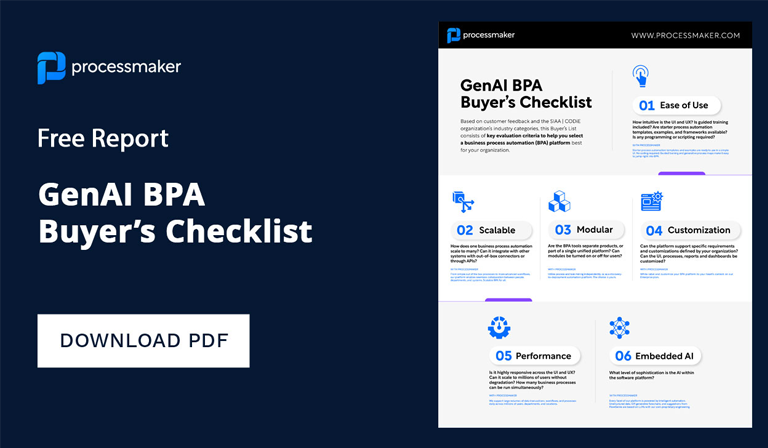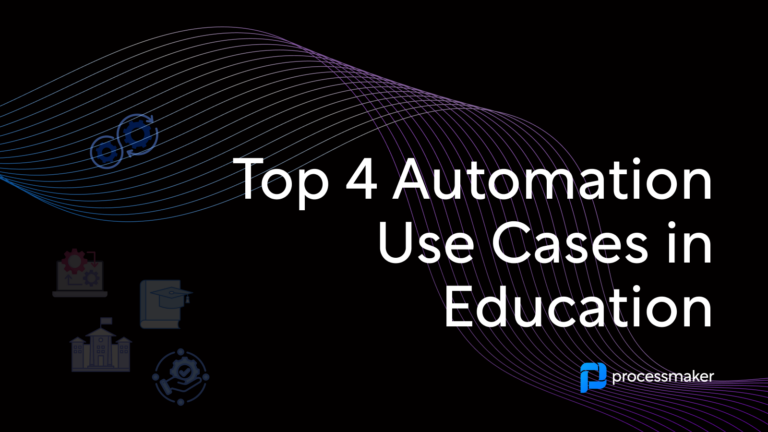Accounts payable workflow automation has increased substantially over the past decade, especially among late adopters. With many teams forced to operate remotely, unexpected disruptions were undoubtedly a factor. The inefficiency and difficulty of gene
rating and distributing paper checks grew as a result.
Further, to meet new health and safety regulations, several banks and credit unions that had not previously embraced the advantages of AP automation made the switch to accommodate a remote working environment.
Some team members and management may find it challenging to update workflows and processes. However, especially in accounts payable, there are many compelling and cost-effective reasons to automate.
The end of the manual processing era
Although your company may have previously been able to get by with manual, error-prone, and inefficient accounts payable procedures, it may be time to look at the advantages of accounts payable automation and how it may help your staff work smarter, not harder.
Even before the pandemic, there was a growing tendency to automate the accounts payable process. Fortunately automation now gives organizations the flexibility to adapt to whatever the future holds as they adjust to new normal involving more permanent remote employment.
Accounts payable automation protects against more than disasters and disruptions. By improving productivity, reducing expenses, and avoiding fraud, offers you a competitive edge. Manual, paper-based AP systems are failing to keep up with today’s changes.
Tear down the silos
Automation for accounts payable workflows helps organizations save time and money by automating routine processes and freeing up cash flow. You can submit invoices, manage approvals, and make payments from a single platform, resulting in faster approvals and more visibility and control over critical financial operations and data. Unfortunately, manual processing takes time, costs money, and increases the risk of preventable errors.
Accounts payable workflow automation aligns with the digital age
It’s impossible to deny that a more digital world necessitates a rethinking of automation across various sectors. In the past, invoices sat on desks or in email inboxes, waiting to be cleared. Fortunately, automated routing, which speeds up the approval process, eliminates such bottlenecks.
The accounts payable team can set up specific workflow via programmed reminders to ensure that the correct person gets an invoice at the right time. Dashboards also provide users with a high-level, real-time view of invoice processing, allowing them to identify the status of an invoice in a fraction of the time.
CFOs are constantly looking for ways to keep expenses while maintaining operational efficiency. Automation can standardize the approval process so that your accounts payable staff can process invoices more quickly and with fewer mistakes from receipt to payment. Every invoice is fully transparent. In addition, human verification is no longer required with electronic payments. Moreover, automation can improve payment accuracy if integrated with the organization’s current ERP systems.
Manual computations, data input, and various kinds of information coming from multiple departments, increases the danger of making a mistake. Accounts payable processing issues may emerge for multiple reasons that aren’t always obvious and are simple to fix.
Accounting mistakes may drive a wide variety of negative consequences for your company. Backtracking and correcting errors take time away from more important activities, and human error may lead to overpayment and repeated payments. On the other hand, automation can help to verify data and flag exceptions throughout your workflows.
Boosting vendor relationships
Automation can facilitate faster payments for your suppliers. It also simplifies submitting an invoice and getting payment by decreasing the number of workflows required. Further, it can help to establish a digital payment environment that is quick and convenient for all parties.
Mitigating fraud
By limiting which workers have access to invoice approval and payment release, accounts payable workflow automation may help your company prevent fraud. As a result, you can more easily identify fraudulent invoices before they’re paid. With an automated process management system in place, you can ensure no one individual is assigned exclusive responsibility for payment approval. This not only lowers the risk of fraud but also ensures that no data is missing or inaccurate.
Removing audit complexity
AP automation can simplify document management, which helps to optimize the auditing processes. You can use automation to link all documents and communications with a single transaction, such as invoices, purchase orders, and receipts. Automation can also provide a searchable audit trail. Therefore, meeting your regulatory reporting requirements for quarterly and yearly reports becomes more practical and straightforward.
Final thought
Accounts payable workflow automation provides a proven solution to save time and money, prevent fraud, improve vendor management, and simplify audits. ProcessMaker provides an award-winning low-code BPM platform that has helped AP teams all over the world to automate their workflows and transform their documentation processes.




